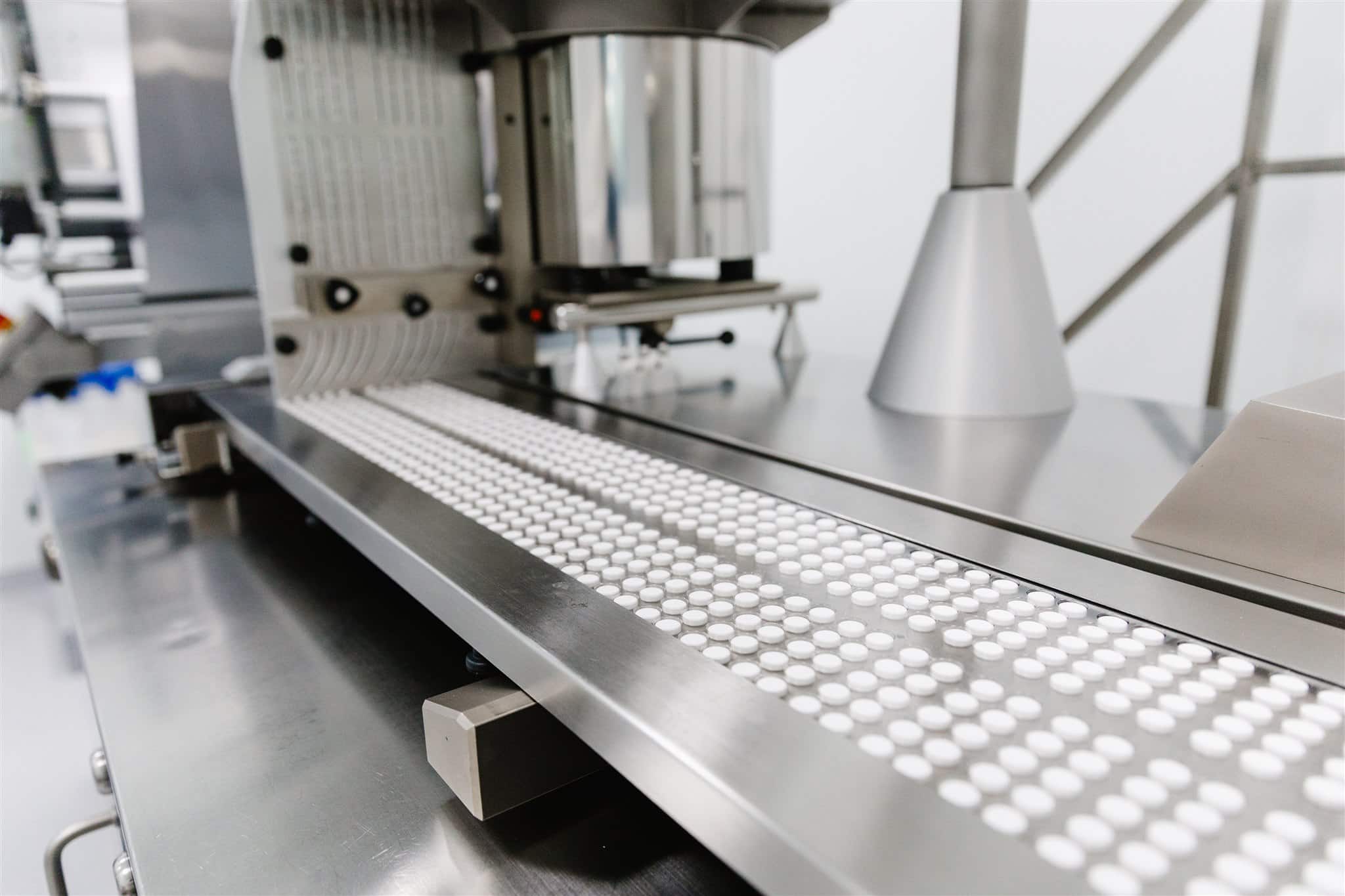Over the next few years, the company plans to significantly increase its product portfolio, supplementing it with generic drugs. Currently, more than 50 new medications have already been approved, and their registration has begun in more than 10 EU countries. To date, 32 drugs have already been submitted for registration, and there are about 100 more new products in the process of development. Two of the new Olpha drugs, which will be commercialized this year, are intended for urological diseases, and one preparation each for the treatment of cardiovascular and oncological diseases.
“Until now, the company has mostly exported active substances and semi-products to Western European countries, so the launch of the sale of new finished dosage forms of generic medicines is another historic step in the development of Olpha. Moreover, this has been achieved by the pharmaceutical industry at a very fast pace – in less than two years. In European markets, competition is very fierce, the market is saturated, and there is a clear dominance of leaders. However, we are confident that with our well-defined product portfolio and our ability to be faster, more efficient, and more accessible, we will be able to strengthen our position not only in the active substance segment, but also in the finished dosage form segment. We have also established subsidiaries in five European countries France, Italy, Spain, Germany and Poland, and they have already actively started work on the promotion of products in the market, because we believe that local specialists are much more familiar with the specifics of the market in a particular country and people’s habits. Our goal for the next decade is clear – to achieve a turnover of one billion euros, and we are purposefully moving towards it,” emphasizes Juris Bundulis, Chairman of the Board of JSC Olpha.
For Olpha, the priority export markets in Europe are the Czech Republic, Slovakia, Italy, France, Germany, Poland, Spain, the United Kingdom, all three Baltic States, Sweden, Denmark, Norway, and Finland.
“For decades, the company has based its development on the historically established segment of original medicines, which were not registered in Western markets, but as patents expire, it would now require disproportionately large investments. That is why we will supplement our offer with new generic medicines, which have already proven their effectiveness, but are no longer protected by patents, so we can introduce them into production relatively quickly. Since the new medicines will also be available in Latvian pharmacies, the inhabitants of our country will definitely benefit, because by purchasing medicines from local drug manufacturers, they will be able to support the Latvian economy and pay less than for medicines from foreign manufacturers. Also, a wider offer of local drug manufacturers will help to reduce the high dependence on imported medicines, which currently accounts for 94% of the market in Latvia, and create high risks of being left without medicines at all in emergency situations,” says J. Bundulis.
It should be noted that with the change in majority shareholders of Olpha, which ended less than two years ago, the company’s development strategy was immediately revised, focusing primarily on the acquisition of Western European markets and the creation of a suitable product portfolio. For this purpose, the amount of investments in the company will reach EUR 100 million over the next five years.
